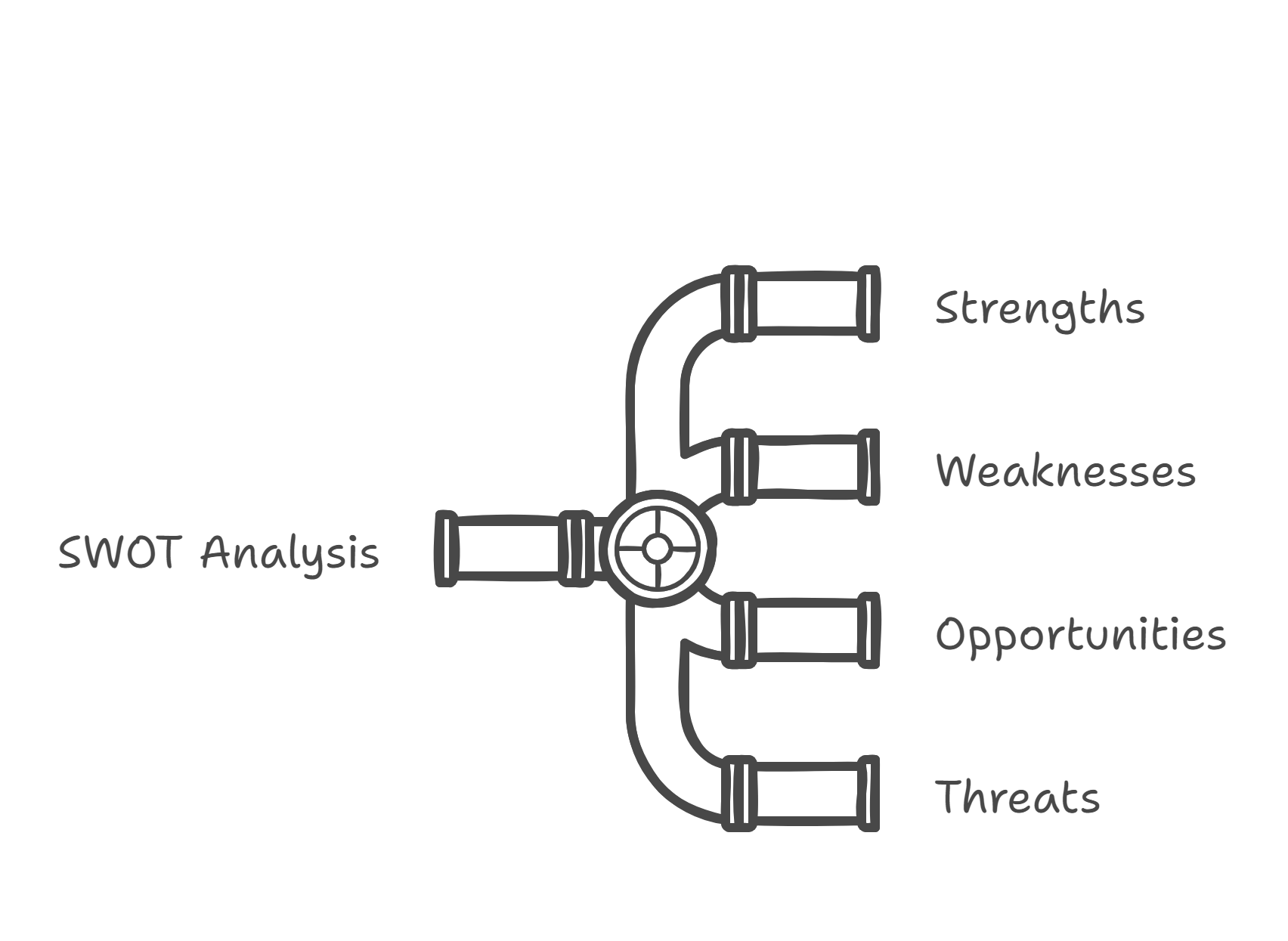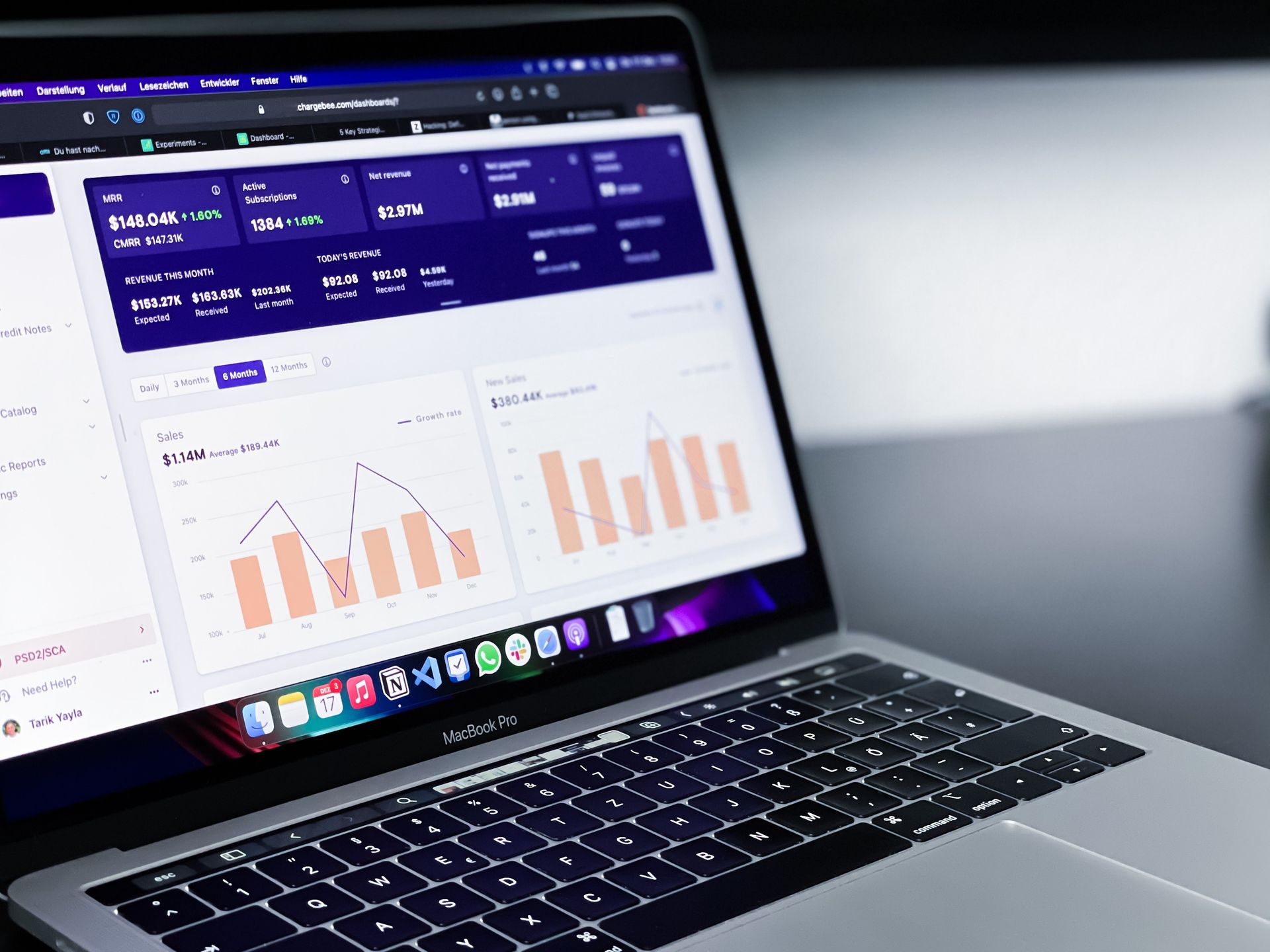The Power of Data: The Game Film for Business Success
The Power of Data: The Game Film for Business Success

As the college football playoff unfolds, fans are captivated by the precision, strategy, and execution that separate championship teams from the rest. Last night, I was watching Ohio State vs. Texas. Texas was in position to tie the game late in the fourth quarter. On 2nd & Goal from the 1, instead of running the ball downhill behind one of the best offensive lines in America, they decided to pitch the ball outside, and they lost 7 yards as a result. This was likely the nail in the coffin as two plays later a strip sack returned for a touchdown made it a two touchdown Ohio State lead with 2 minutes to play. Now, Texas coach Steve Sarkisian knows way more than I will ever know about football, so I really shouldn't be questioning the play call. However, it just felt like a strange call in that scenario given the strength of the Texas offensive line, and the elite speed of the Ohio State defense.
Now, Ohio State will play Notre Dame for the national title (TV Executives Rejoice) and Texas is done for the year. However, with the benefit of hindsight, it certainly would have been beneficial in that moment for Sark to remember that Ohio State might have the fastest defensive roster in the country, and running outside against elite speed is often a recipe for disaster.
Football season is my favorite time of year. My wife and I, both Oklahoma State University alumni, share a passion for the sport and attend games regularly with season tickets. Above you'll see me and my daughter at one of her first OSU games—a snapshot of our little family tradition. But what is my point, in this discussion about football? Why am I bringing up the Texas second down call from last night?
Well, I'm glad you asked. It's because, like business, college football is very complex. Behind every play call there is usually a very specific game plan that has been derived from hours of meticulous game film analysis. Coaches and players obsess over game tapes, using them to refine their strategies, identify weaknesses, and exploit opportunities.
What if I told you that in the world of business, data is the equivalent of game film for football??
For businesses, data provides insights into operations, competitors, and customers, much like game film illuminates the strengths and weaknesses of a football team. Let’s dive into this analogy, exploring how data can transform a business’s performance just as game film shapes the destiny of a football team vying for the championship.
Analyzing Your Team: Understanding Internal Strengths and Weaknesses
Football Insight: Coaches meticulously study practice film to evaluate their own players. They identify who hustles during every rep, who understands the playbook, and who is consistently out of position. Each player is graded to assess their strengths and weaknesses, influencing decisions on starting lineups and rotations.
Business Parallel: Businesses must evaluate their internal teams using performance data. Whether it’s salespeople, welders, service providers, or machinists, analyzing KPIs such as productivity, quality, and adherence to protocols helps identify top performers and areas for improvement.
Key Actions:
- Track individual and team performance metrics.
- Use KPIs to highlight strengths and gaps in execution.
- Develop coaching plans for underperformers and reward high achievers.
By studying their own "practice film," businesses can make strategic decisions about promotions, training, and even resource allocation to ensure that the right people are in the right roles. If you want your business to win, you need to build the best roster that you possibly can.
Scouting the Competition: Understanding Market Position
Football Insight: Opponent film reveals key players and tendencies. Coaches identify star performers—like an elite wide receiver or dominant defensive end—and plan their strategy accordingly. Whether it’s double-teaming a threat or adapting offensive schemes, understanding the opponent gives teams a competitive edge.
Business Parallel: Businesses can gain similar advantages by analyzing competitors’ data. Metrics like customer satisfaction scores, pricing structures, and sales trends offer insights into where competitors excel and where they fall short. This level of information allows you to strategically choose how you want to position yourself in the market.
Key Actions:
- Conduct competitive benchmarking to assess market position.
- Identify gaps in your offerings and decide whether to invest in improvement or adjust pricing strategies.
- Use customer feedback to understand where competitors are outperforming you.
Strategic decisions rooted in competitor analysis—just like game plans formed from film—help businesses stay ahead in the market.
Game Planning: Building a Data-Driven Strategy
Football Insight: Coaches build gameplans by combining insights from practice and opponent film. They create playbooks that maximize their team’s strengths and exploit their opponent’s vulnerabilities. Teams that execute these plans well often dominate those that rely on intuition alone. It's also important to note that each gameplan is built for a specific opponent. You don't recycle the same gameplan for every game, that's a losing strategy.
Business Parallel: Data-driven businesses craft strategies based on insights from internal and external analysis. This involves:
- Identifying key trends and opportunities.
- Aligning resources to leverage strengths and address weaknesses.
- Developing proactive responses to potential market shifts.
- Building a unique winning strategy for each major competitor.
Key Actions:
- Use dashboards and analytics tools to monitor real-time performance.
- Implement predictive analytics to anticipate customer needs and market trends.
- Align operational goals with the data insights to ensure execution matches strategy.
- Identify top competitors, conduct SWOT analysis for each, and build a plan on how you compete and win against each one.
A well-prepared business strategy, just like a game plan, wins by design rather than by chance.

In-Game Adjustments: Responding in Real Time
Football Insight: Game situations are fluid, and successful coaches adapt in real time. They make halftime adjustments based on how opponents respond to their strategy, using live film feeds and player feedback to pivot. You often see players looking at tablets on the sideline, that's because they need immediate feedback mechanisms to adjust and perform in real-time.
Business Parallel: Businesses, too, must remain agile. Market conditions change, competitors launch new products, and customer preferences evolve. Real-time data enables businesses to adapt their strategies and operations on the fly. It's also important to give employees real-time feedback. Don't make them wait for monthly 1-1s or annual performance reviews.
Key Actions:
- Monitor data streams to identify deviations from expected performance.
- Use tools like CRM systems to adjust sales strategies in response to customer behavior.
- Iterate quickly on marketing campaigns or product offerings based on performance metrics.
- Give immediate feedback.
Being able to pivot quickly ensures businesses stay competitive, just as in-game adjustments keep football teams in contention.
Post-Game Review: Learning from Outcomes
Football Insight: After every game, teams review the film to evaluate their performance. What went well? What broke down? This reflection informs future practice and game plans, ensuring continuous improvement. You must win or learn. Even better, learn when you win as well.
Business Parallel: Post-mortem analyses of projects, campaigns, or quarterly performance serve the same purpose in business. They allow teams to reflect, learn, and improve.
Key Actions:
- Conduct performance reviews using historical data.
- Identify what strategies worked and where missteps occurred.
- Use these insights to refine future operations and avoid repeating mistakes.
Teams that embrace a culture of learning and reflection—whether in football or business—position themselves for long-term success.

Winning Through Data-Driven Insights
Just as game film is essential for a football team preparing for the college playoff, data is indispensable for businesses seeking to compete and thrive in today’s market. Coaches who watch game film to understand their opponents, refine their strategies, and prepare their players outperform those who don’t. Similarly, businesses that leverage data to analyze internal performance, scout competitors, and adapt strategies dominate their industries.
The key is a commitment to the process. Just as great football teams are built on relentless preparation and execution, successful businesses must embrace a data-driven culture. By doing so, they can turn insights into action, consistently outperforming their competition and achieving championship-level results. When teams are evenly matched, the team with the best gameplan usually wins. The same is true for business. If you're playing to win, you better watch film.











